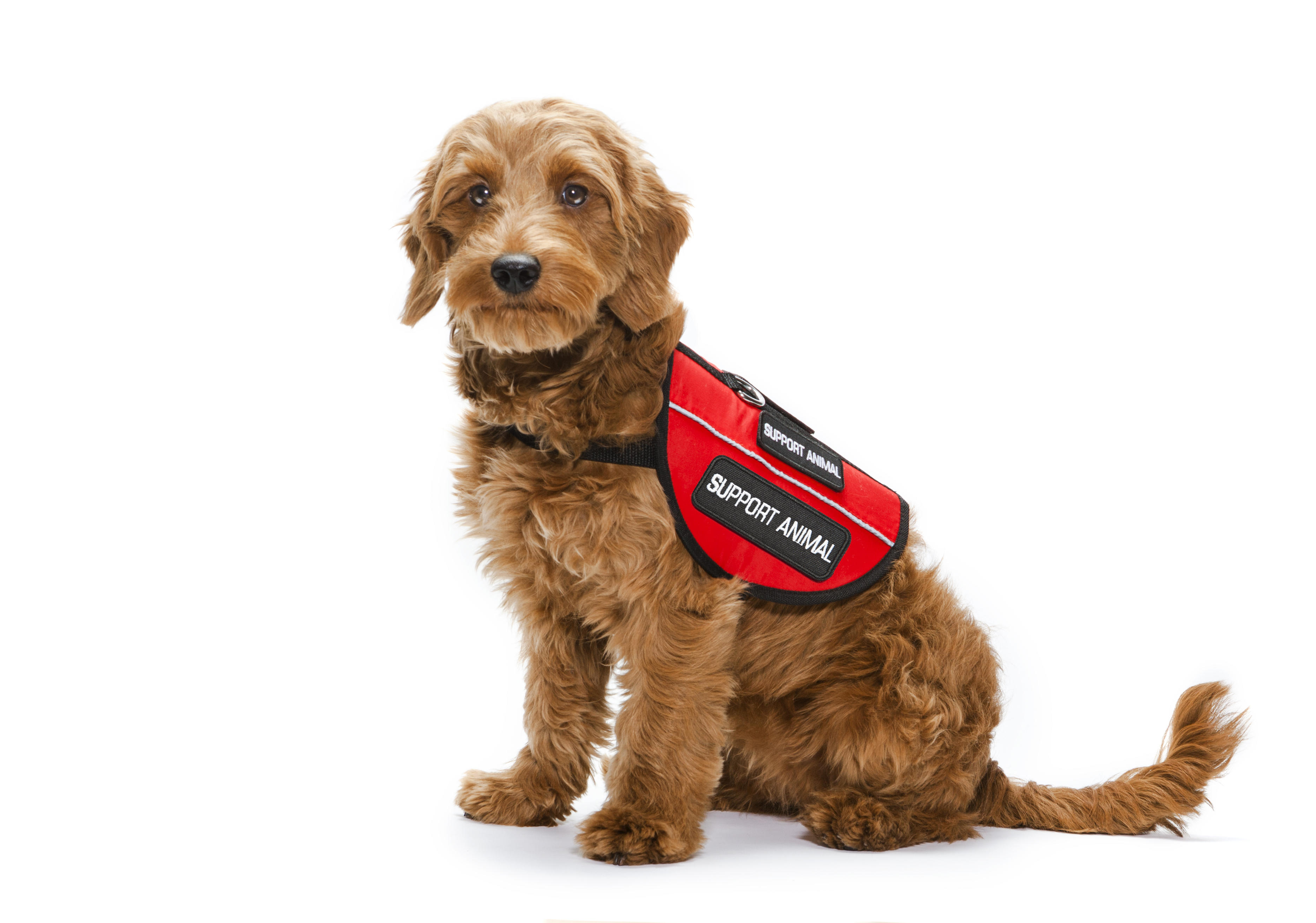In early 2020, lawmakers unveiled a new federal proposal designed to significantly limit the types of animals allowed to fly in airplane cabins. The proposal, written by the Department of Transportation, specifically targets emotional support animals. If put into effect, this regulation overhaul would ban all service and emotional support animals that are not dogs. The idea is to provide more guidelines for the issue rather than allowing airlines to make decisions on a case-by-case basis. As we’ve previously discussed, emotional support animals have been criticized for years, but this is the first federal regulation proposal we’ve seen.
Put simply, these proposed regulations crack down on passengers who falsely claim that their pets are service animals. If the rules go into effect, passengers with disabilities, both physical and psychological, must fill out a federal form attesting that the accompanying dog has been trained to perform tasks that are specific to the disability. As one official told the New York Times, an animal cannot be brought onto an airplane just to make a passenger “feel better.”
Federal Proposal Background
The proposed regulations come amidst the increasingly unorthodox travel animals reported by airlines and fellow passengers. In the past several years, people have tried to take a variety of animals aboard airplanes, including birds, rabbits, monkeys, miniature horses, and cats. Often, these passengers cite an anxiety disorder as the reason for the animal’s presence. Additionally, the rules would address additional concerns about space inside airplanes. Increasingly, airlines are making seats smaller and narrower, leaving less room for furry friend passengers.
However, organizations that work in passenger and disability advocacy have claimed the rules to be severely misguided. The proposals could make it more difficult for people with disabilities to travel, as their support animals would need to be a specific size and have a specific training. Many passengers utilize emotional support animals to assist with anxiety disorders, citing their calming presence as a salve for panic attacks. On the other hand, other organizations have supported the proposal, saying that emotional support animals can threaten the safety and health of both passengers and crew members.
Additional Proposal Rules
In addition to banning all emotional support and service animals that are not dogs, the proposed regulations would require all passengers to check in early. The animal would also need to be leashed, be well behaved, and fit in the owner’s foot space. None of these additions are new to most passengers who fly with animals, but this is the first time a federal regulation would mandate the procedure. Additionally, the proposals would put a limit on the number of service animals each passenger could bring – no more than two.
Next Steps for Emotional Support Animal Policies
The proposed rules are open for public comment, and the Department of Transportation will analyze the gathered data before making a final decision. If the proposal passes and a passenger attempts to pass off a non-support animal as a service dog, they could face heavy fines and a possible jail term.
It is difficult to measure the support this proposal has, but if passed, one thing is certain: air travel will change significantly for people with disabilities that fall just short of requiring a service animal.




